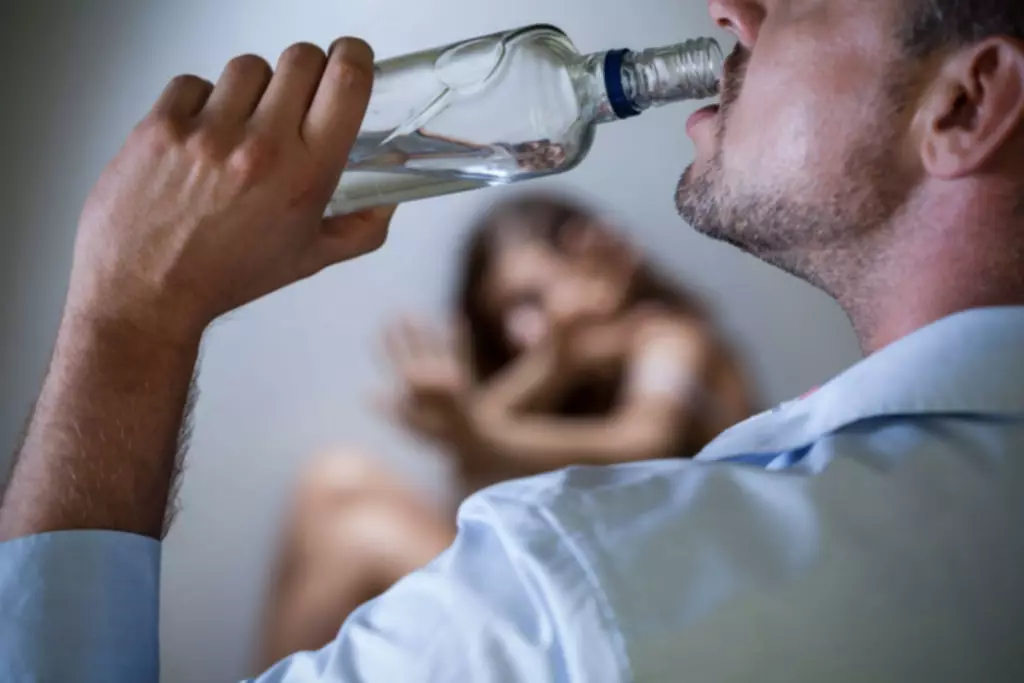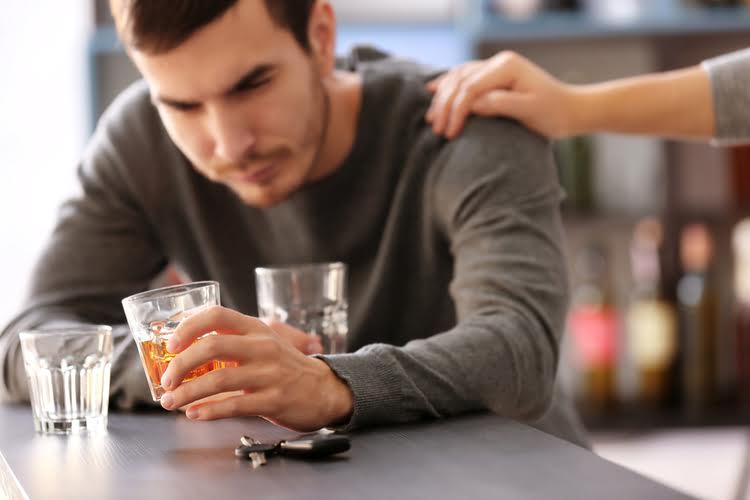Group therapy activities in support groups can help people learn and actively engage, build skills in self-care, and find role models to help them in their daily life. In this blog, we discuss some topics and activities that can help facilitate a successful recovery. If you or a loved one suffers from substance use disorder, consider seeking care from Magnolia Recovery substance abuse group activities for adults of LA. This addiction treatment center offers individualized treatment plans for all clients, including specialized detox care for those who struggle with alcohol addiction or drug addiction. Many support group meetings and group therapy sessions start with check-ins. They can also discuss any recent challenges or successes related to their recovery journey.
Example session
- Each member will discuss them, which might help everyone identify their patterns.
- Ask group members to introduce themselves by sharing three weird, funny, or interesting things about themselves as an “ice breaker” for one of your addiction recovery support group activities, .
- These can be discussed in session and continually practiced in subsequent meetings.
They should create a line that flows from each item (they can be circled or in a heart) to a reason for their gratitude. This engaging gratitude activity is a great opportunity for teens and adolescents to exercise their creativity and express themselves. You’ll need a whiteboard or a large piece of paper and different colored pens. If there is an odd number of members, the therapist can pair with a member to make it even. Instruct each pair to blindfold one member and tell the other member to guide them around the room in search of a particular object or objects. If there is enough time, the partners can switch when the object(s) has been found.
Opinion Faith Healing Should Not Be Mainstream Treatment for Addiction – The New York Times
Opinion Faith Healing Should Not Be Mainstream Treatment for Addiction.
Posted: Sat, 11 Mar 2023 08:00:00 GMT [source]
Helpful activities for grief and loss
Read our article that addresses how to apply ACT therapy in group settings. Role-play can be a great activity for acting out and resolving conflict in a healthy way. Members of the group can take on specific characters and role-play effective discussion, healthy ways to deal with stressful emotions, and setting boundaries. Thérèse received her Master’s degree in Counseling from Montclair State University in 2013 and holds a post-Master’s certificate in Advanced Counseling from Montclair State University. Thérèse is both a Licensed Professional Counselor (LPC) and a Licensed Clinical Alcohol and Drug Counselor (LCADC) with the state of New Jersey.
- Activities centered around celebrating sober milestones, such as anniversaries or completion of treatment programs, help individuals recognize their progress and reinforce their commitment to sobriety.
- Chris has worked as a business development professional in the addiction treatment industry since 2009.
- Individuals who have practiced mediation alone may notice a different energy when meditating among others sharing their intentions.
- Heather is currently pursuing her CIP through the Pennsylvania Certification Board.
- Supply small cardstock posters and glue sticks for each client, along with shared markers When the clients enter, give each client a cardstock poster.
Activities for building healthy relationships
Celebrating milestones and achievements is an important aspect of the recovery journey. Activities centered around celebrating sober milestones, such as anniversaries or completion of treatment programs, help individuals recognize their progress and reinforce their commitment to sobriety. These activities can include group discussions, sharing personal https://ecosoberhouse.com/ stories of success, and engaging in celebratory rituals. Psychoeducational activities are foundational to substance abuse education within support groups. These ideas for substance abuse group activities focus on equipping participants with accurate and comprehensive information about addiction – its biological, psychological, and social underpinnings.

Also, please leave a comment below if you have other ideas, or would like to add to the discussion. After playing with them, transition into a discussion about the fallibility of our senses and point of view. Talk about how differently people perceive things based on who they are and the situation at hand. Pass out pieces of paper with drawings of a large bottle on them, and two lines are drawn across the bottle to create three different layers inside. Make it clear that participants do not have to share anything they write, so they’ll feel free to explore potentially surprising emotions. Addiction recovery group activities are wonderful tools for achieving and maintaining successful, long-term sobriety.






